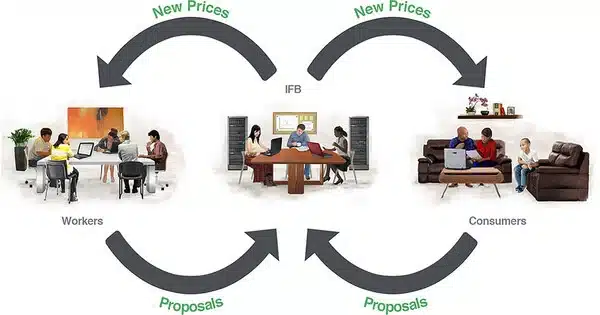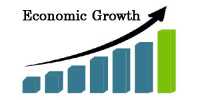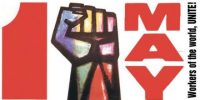Participatory Economics (Parecon) is an economic model proposed by Michael Albert and Robin Hahnel in the 1990s as an alternative to both capitalist and centrally-planned socialist economies. It is a type of economic system that uses participatory decision making as the primary economic mechanism for allocating resources in society. The main idea behind Parecon is to create an economic system that is based on the principles of equity, efficiency, and democracy. In the system, decision-making power is proportional to the impact on an individual or group of individuals.
Participatory economics is a type of socialist decentralized planned economy in which the means of production are owned by everyone. It is an alternative to modern capitalism and centralized planning. Participatory economics is primarily associated with political theorist Michael Albert and economist Robin Hahnel, who describe it as an anarchist economic vision.
In a participatory economy, decision-making is decentralized and participatory, with decisions made through a process of democratic self-management. It is a vision for how we can organize a modern economy with millions of people around the values of democratic participation, equity, solidarity, and sustainability, developed as a coherent alternative to capitalism and central planning. Workers and consumers are organized into councils, which make decisions about production and consumption, respectively. These councils are self-managed and operate on the principles of consensus decision-making, where all members have an equal say in the decision-making process.
The underlying values that parecon seeks to implement are equity, solidarity, diversity, worker self-management, efficiency (defined as achieving goals without wasting valuable assets), and sustainability. Parecon institutions include workers’ and consumers’ councils that use self-management methods for decision-making, balanced job complexes, remuneration based on individual effort, and broad decentralized planning.
In a Parecon, labor is valued according to the amount of effort expended, and compensation is based on the social value of the work performed. This means that people are rewarded for the effort they put into their work, rather than the amount of capital they own or their bargaining power in the labor market.
The distribution of goods and services in a Parecon is also based on principles of equity and efficiency. The economy is designed to ensure that everyone has access to the basic goods and services they need to live a fulfilling life, while also maximizing efficiency and minimizing waste. While Participatory Economics is not currently practiced on a large scale, it continues to be an influential model in debates about economic organization and democratic decision-making.















